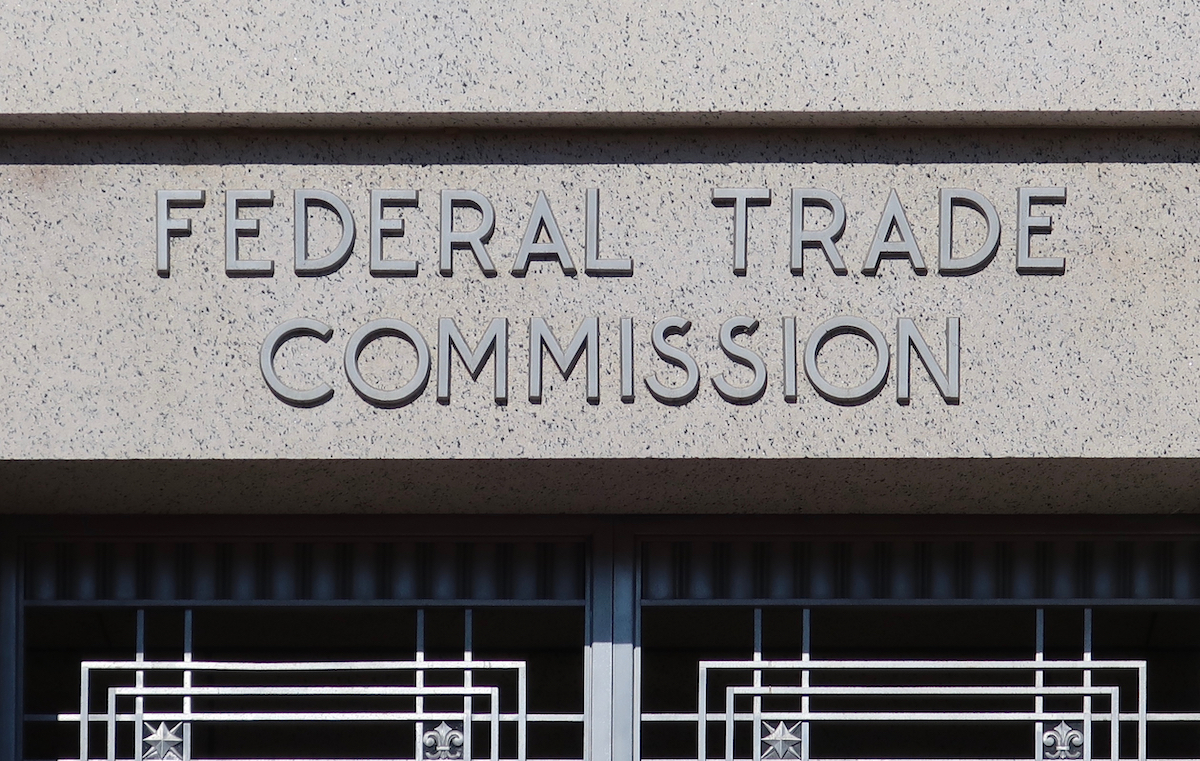
A federal judge on Tuesday rejected a bid by a tree-trimming company to block an FTC rule banning noncompete agreements. This rule, which aims to prohibit agreements that restrict workers from joining competitors or starting similar businesses, is poised to have far-reaching implications across various industries.
U.S. District Judge Kelley Hodge, appointed by President Joe Biden, delivered the decision in Philadelphia. In her written ruling, Judge Hodge affirmed the FTC’s authority to enforce federal antitrust laws and to outlaw practices it considers anticompetitive. This includes the use of noncompete agreements, which have been criticized for limiting labor market competition and suppressing wages.
According to Reuters, ATS Tree Services, the company that challenged the rule, sought to prevent its implementation pending the outcome of its lawsuit. However, Judge Hodge’s decision effectively allows the FTC rule to move forward, emphasizing the commission’s mandate to foster a competitive labor market.
The FTC’s rule has broad implications, with the commission estimating that approximately 30 million Americans—20% of the U.S. workforce—are currently bound by noncompete agreements. These contracts have traditionally been used by employers to protect proprietary information and maintain a competitive edge, but critics argue they unfairly restrict workers’ employment opportunities and mobility.
The ruling in Philadelphia stands in contrast to a recent decision by a federal judge in Texas, who earlier this month blocked the FTC from enforcing the same rule against a coalition of business groups. This coalition includes the U.S. Chamber of Commerce, the nation’s largest business lobby, and the tax service firm Ryan. These groups are actively pursuing legal challenges against the FTC’s rule, arguing that it oversteps regulatory bounds and harms businesses.
Despite the legal battles, the FTC remains steadfast in its commitment to eliminate noncompete agreements, which it views as detrimental to a dynamic and competitive labor market. The recent ruling by Judge Hodge reinforces the commission’s stance and highlights the ongoing judicial discourse surrounding the regulation of labor practices.
Source: Reuters
Featured News
Electrolux Fined €44.5 Million in French Antitrust Case
Dec 19, 2024 by
CPI
Indian Antitrust Body Raids Alcohol Giants Amid Price Collusion Probe
Dec 19, 2024 by
CPI
Attorneys Seek $525 Million in Fees in NCAA Settlement Case
Dec 19, 2024 by
CPI
Italy’s Competition Watchdog Ends Investigation into Booking.com
Dec 19, 2024 by
CPI
Minnesota Judge Approves $2.4 Million Hormel Settlement in Antitrust Case
Dec 19, 2024 by
CPI
Antitrust Mix by CPI
Antitrust Chronicle® – CRESSE Insights
Dec 19, 2024 by
CPI
Effective Interoperability in Mobile Ecosystems: EU Competition Law Versus Regulation
Dec 19, 2024 by
Giuseppe Colangelo
The Use of Empirical Evidence in Antitrust: Trends, Challenges, and a Path Forward
Dec 19, 2024 by
Eliana Garces
Some Empirical Evidence on the Role of Presumptions and Evidentiary Standards on Antitrust (Under)Enforcement: Is the EC’s New Communication on Art.102 in the Right Direction?
Dec 19, 2024 by
Yannis Katsoulacos
The EC’s Draft Guidelines on the Application of Article 102 TFEU: An Economic Perspective
Dec 19, 2024 by
Benoit Durand